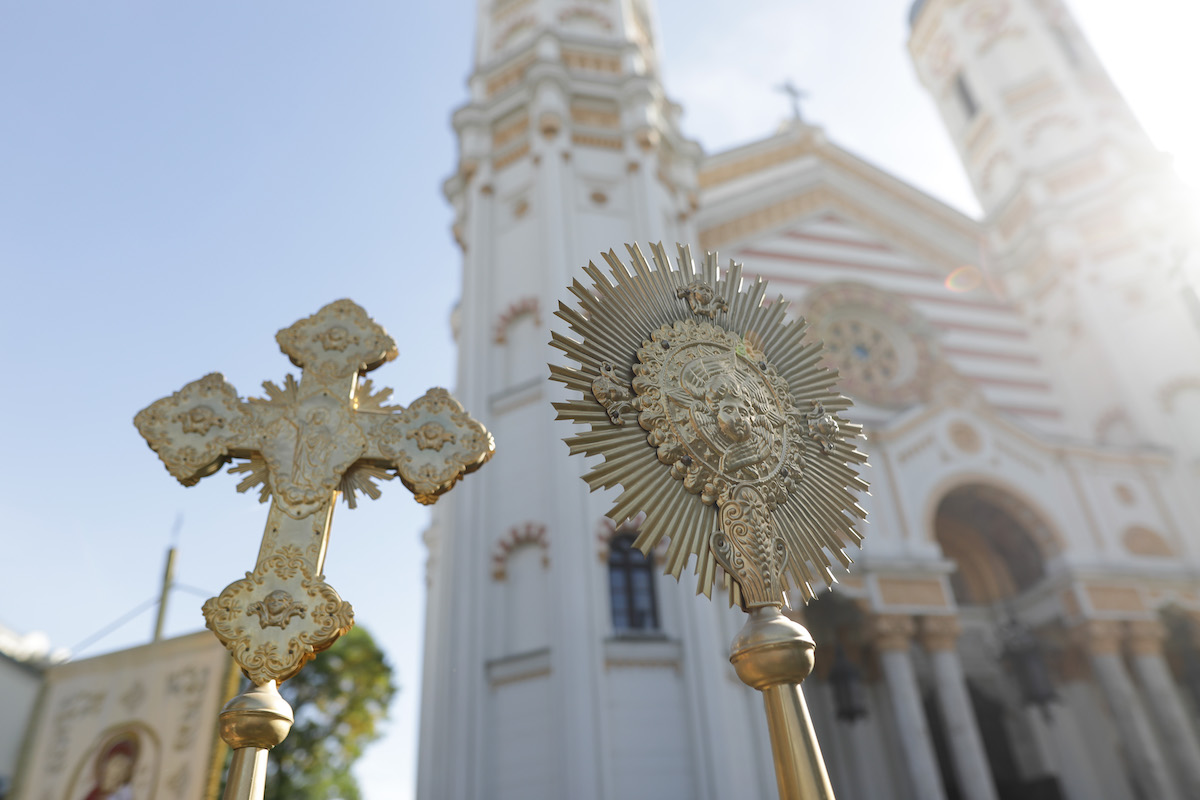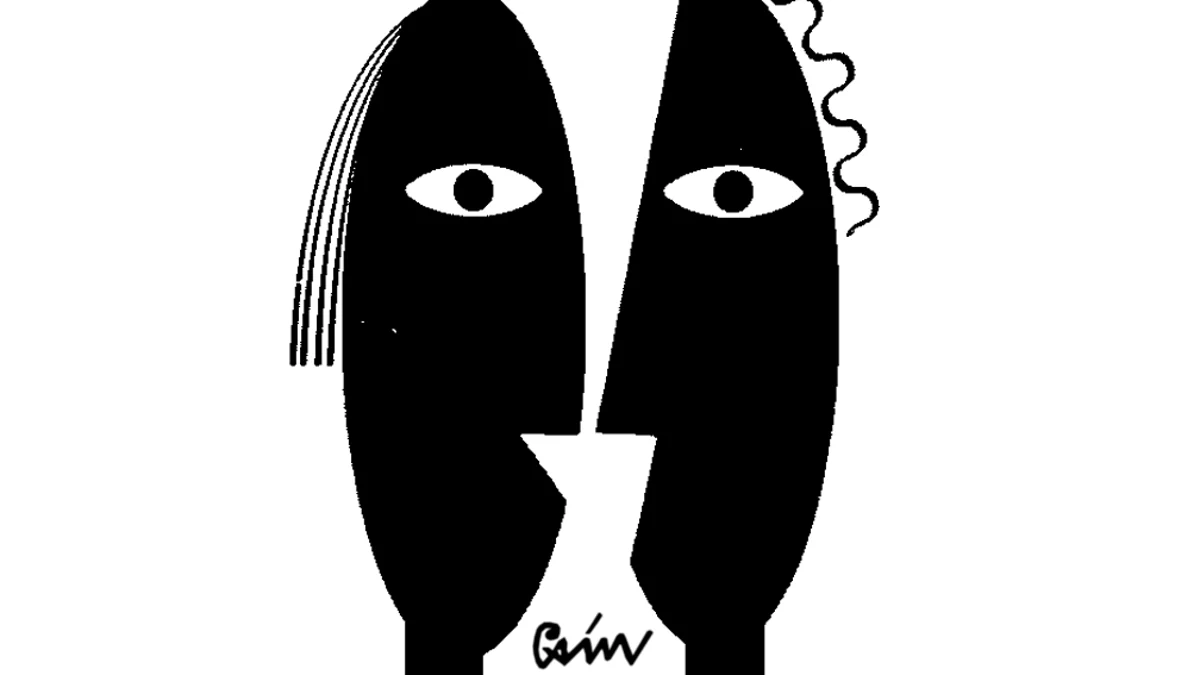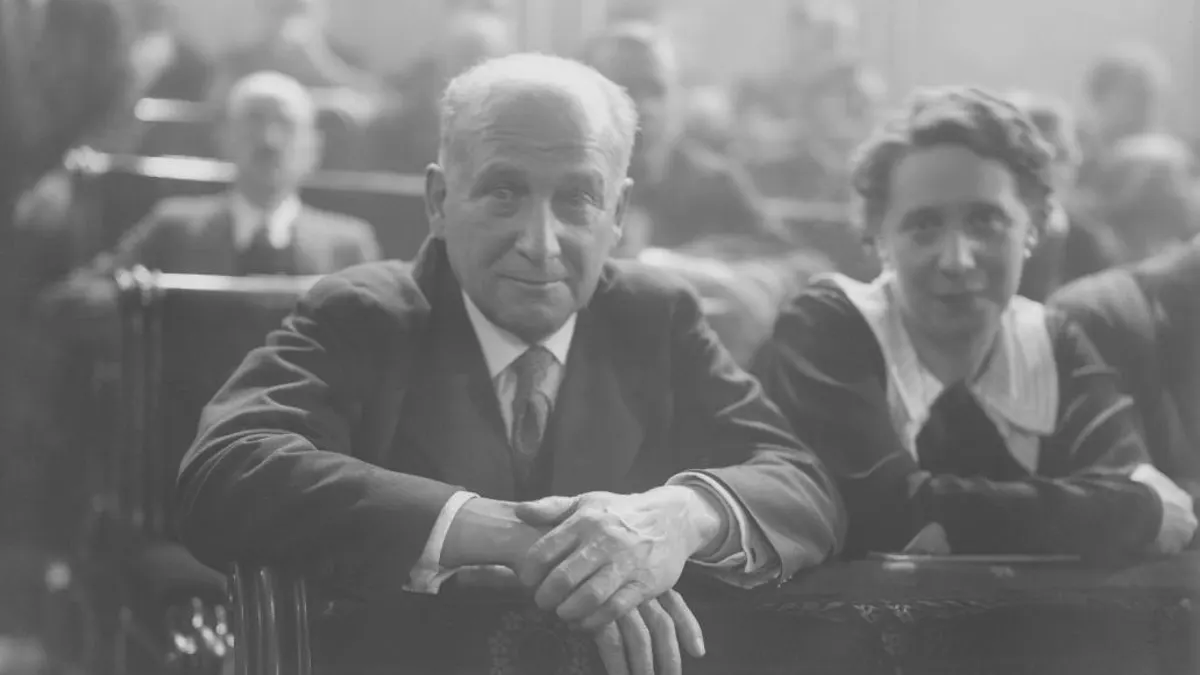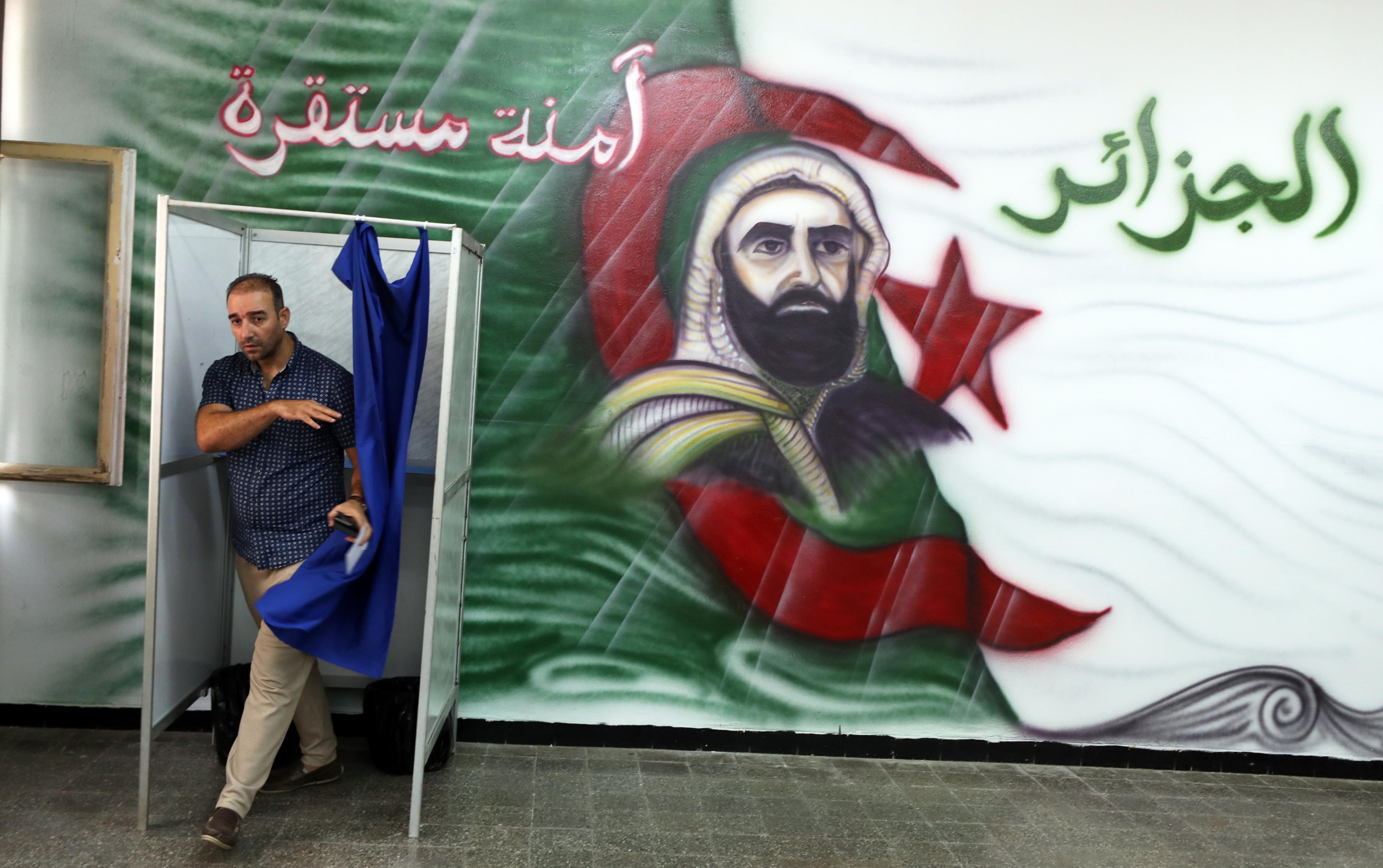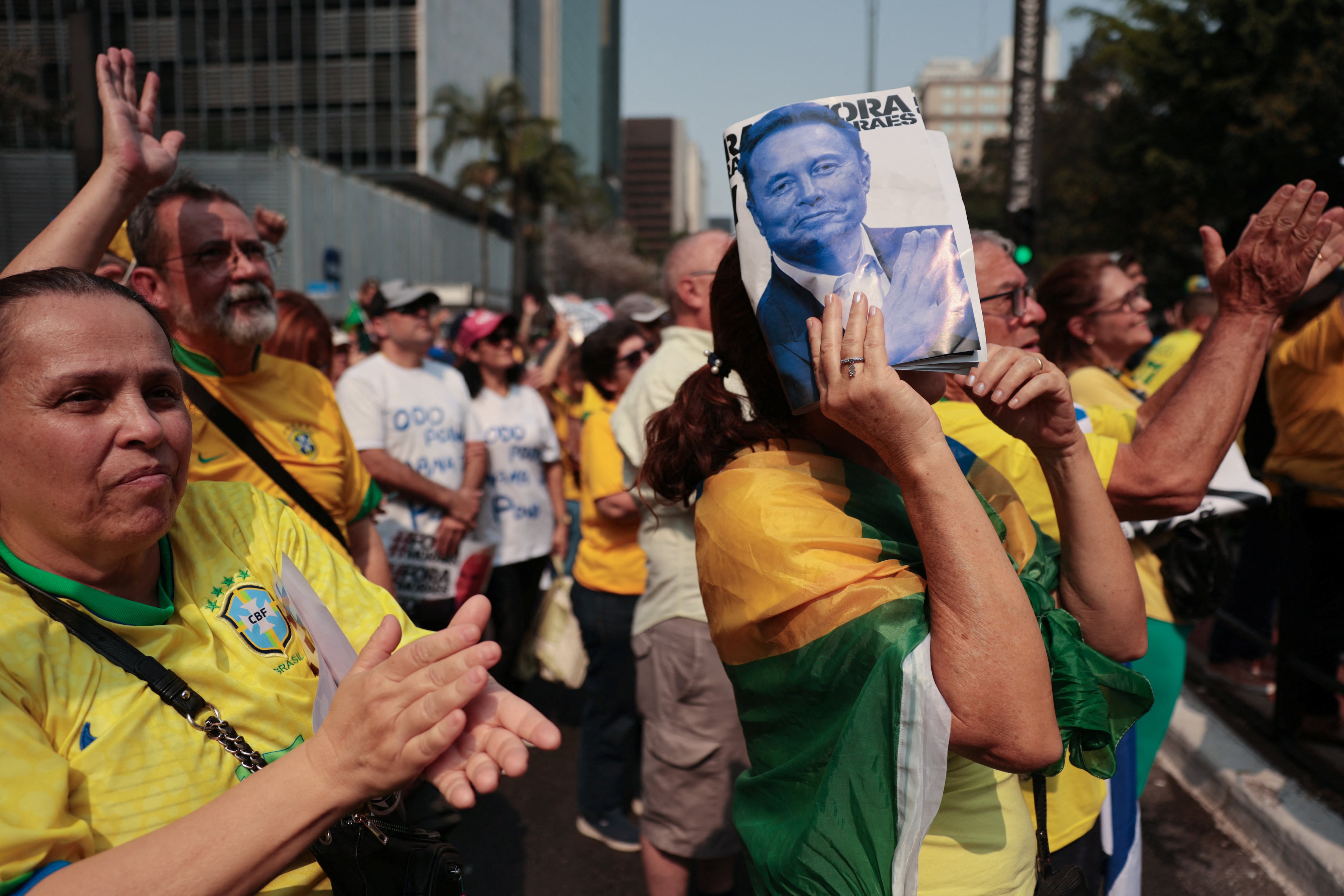The Romanian Orthodox Church rejected the criticisms brought by the Elie Wiesel National Institute for the Study of the Holocaust in Romania over the approved canonization of certain clerics who expressed antisemitic opinions during their lives.
Canonization means that a deceased person is worthy of being included in the canon or authorized list of recognized saints.
“The Elie Wiesel National Institute for the Study of the Holocaust in Romania notes with sadness the decision of the Holy Synod of the Romanian Orthodox Church on July 12, 2024, to approve the canonization of certain clerics who expressed antisemitic opinions or promoted the toxic Legionary movement in the 1930s and 1940s. The decision is a preliminary step before their proclamation through synodal tomes in 2025,” the Institute said in a press release.
The Elie Wiesel Institute also said it feels obligated to inform Romanians about several priests approved for canonization.
The first, Ilarion Felea (1903-1961), was a member of the Legionary Movement and head of the “St. John” legionary group at the Orthodox Theological Academy in Arad. In his writings, he praised the “destruction of Jewish parasitism.”
Another priest, Ilie Lăcătușu (1909-1983), was also a leader in the Legionary movement and participated in the 1941 rebellion. According to the Elie Wiesel Institute, he made lists of Legionary Movement opponents to be shot once the fascist group took full power. He also served as a missionary of the Romanian Orthodox Church in Transnistria between 1942 and 1943, a region under Romanian control where tens of thousands of Jews were killed during the Holocaust.
Dumitru Stăniloae (1903-1993) praised Nazi Germany and the connection between Orthodoxy and ethnocracy in his writings. He also praised the Legionary movement and argued for the removal of ministers “who could only speak by reading from the anti-religious doctrine of the Jew Durkheim.”
“We question whether elevating to sainthood individuals who, during their lives, shared the values of fascism through words or deeds is consonant with Christian ethics,” the Elie Wiesel Institute added, noting that canonization implies that those undergoing the process are standards in society.
In reply, the Orthodox Church rejected the Institute’s criticisms, saying that it has the right to analyze and decide, according to its own religious criteria, on the canonization of persons within the Romanian Patriarchate and that canonization “consists solely in recognizing holiness based on consistent evidence and credible testimonies.”
“Some saints venerated in the Orthodox Church have had, at certain times in their lives, attitudes, and gestures that are hard to understand or even contrary to Christian teachings. However, the Church considers the sinner’s change of life and, especially, how they ended their lives, without encouraging (sanctifying) certain deviations that these persons may have had during their lives,” the press release states.
(Photo source: Inquam Photos | George Calin)
